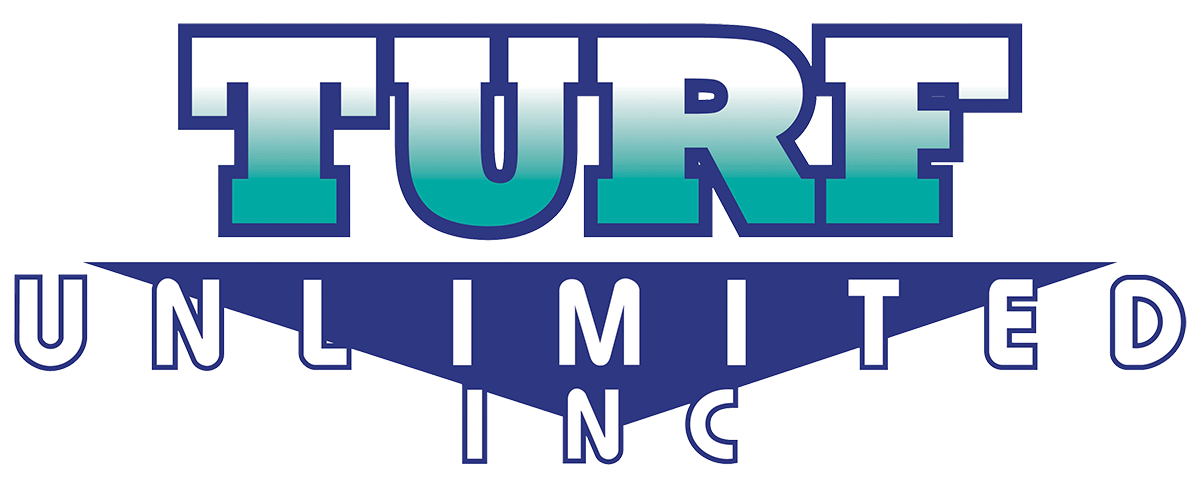Insects and other critters naturally find their way to human food sources, which makes the food service industry particularly vulnerable to vermin and infestation. They can threaten various facilities, from cafes and restaurants to mobile food stands and push carts.
Food establishments are required by specific regulations, such as the Safe Quality Food Program (SQF), to ensure the safety of their products. In response, site managers implement control and prevention measures to prevent food contamination, property damage, and disease transmission.
This guide will teach you about the various types of pest-infesting facilities, tools, and machinery. We’ll also cover the importance of pest control for food service businesses and control measures seasoned pest control professionals can provide for your establishment.
The Value of Food Safety Pest Control Measures
Insects and other vermin pose a serious threat to a food establishment, making pest control for food businesses crucial. Pests such as rodents and cockroaches spread diseases such as salmonellosis and trigger allergies, posing serious health risks to employees and customers.
They cause significant property damage by chewing through food containers, walls, and electrical wires, leading to economic loss. They can also contaminate food products and workstations, compromising food safety standards. Moreover, their presence can tarnish a business’s reputation, eroding customer trust and potentially attracting health inspectors.
If not addressed adequately, infestations can result in temporary or permanent closure of food establishments. It is crucial to know which pests can potentially infest your business and the signs of their presence.
Types of Pests Infesting Food Facilities
Many insect species and other invasive creatures have come to rely on people for their daily sustenance. They often find their way into our food storage facilities and preparation areas. Some of them hide near or within food processing equipment, like the red flour beetle. Others thrive in food storage spaces and warehouses, like rats and the Indian meal moth.
Here are some of the most common pests that infest food service establishments:
| Pest Type | Description | Signs of Presence in Food Establishments |
|
Cockroaches |
Nocturnal insects, leaving droppings, shed skin, and odor. | Droppings, foul odor, chew marks on packaging, egg cases, and sightings, especially at night. |
| Rodents (mice and rats) | Prolific gnawers and carriers of disease, nesting in food storage and preparation. | Gnaw marks, droppings, tracks, grease marks, and nests, particularly near food and storage areas. |
| Flies | Rapid breeders who prefer decaying organic matter are drawn to food. | Presence of adult flies, larvae, pupae, fly specks, and strong odors near food sources and garbage. |
|
Birds |
Avian pests, causing contamination through droppings and nesting materials. | Droppings, nests, audible sounds, peck marks on food or packaging, and structural damage. |
|
Ants |
Social insects forming trails to food sources, nesting in moist or hidden areas. | Ant trails, nests, tiny entrance holes, pheromone trails, and sightings, particularly near food sources. |
|
Spiders |
Arachnids, spinning webs to catch prey, often found in dark or undisturbed areas. | Webs, egg sacs, sightings, and prey caught in webs, typically in corners or near light sources. |
| Stored Product Pests (beetles, moths) | Insects that infest stored food, causing contamination and product damage. | Larvae, holes, webbing, frass, and strange odors emanating from infested stored food products. |
| Weevils | Small beetles infesting grains and flour, leaving behind distinctive round holes. | Round holes in grains, adult weevils, larvae, sawdust-like powder, and damaged or hollowed-out grains. |
Neglecting food safety pest control can cause various problems for various establishments. Implementing appropriate extermination and prevention measures becomes crucial after identifying the presence of insects and other nuisances in your facility.
Effective Pest Control for Food Establishments
Pest control experts employ tailored pest control programs to manage pests effectively. This includes conducting regular inspections to identify potential entry points and harborage areas for pests, implementing proper sanitation practices to eliminate food sources and breeding grounds, and sealing cracks and gaps in the building structure to prevent pest entry. They may also use mechanical traps, baits, and chemical treatments as pest control measures.
Integrated Pest Management (IPM) is a comprehensive approach that integrates multiple strategies to manage and prevent pests while minimizing risks to human health and the environment. It involves the following key components:
- Monitoring and Assessment: Regular monitoring and inspection to identify pest activity levels, determine pest species, and assess potential risks to the establishment.
- Prevention: Implementing preventive measures such as sanitation, exclusion, and maintenance to reduce pest access to food, water, and shelter.
- Non-Chemical Control: Using mechanical methods like traps, physical barriers, and cultural practices such as proper waste management to manage pests without relying solely on chemical treatments.
- Chemical Control: When necessary, use pesticides judiciously, following proper application techniques, considering the least toxic options, and adhering to safety regulations.
- Evaluation and Adjustment: Continuously evaluate the effectiveness of pest management efforts, make necessary adjustments, and document outcomes to improve future pest control strategies.
By integrating these measures for pest control for food establishments, facility operators and managers can develop a comprehensive pest management plan tailored to their specific needs and conditions. This proactive and multifaceted approach helps control pests effectively, promotes long-term sustainability, and reduces reliance on potentially harmful chemical treatments.
Work with Seasoned Pest Control Experts
Working with professional pest control specialists provides food service businesses with expertise in effectively identifying, managing, and preventing infestations. Professionals from Pest Control Unlimited can develop customized pest management plans tailored to your establishment’s needs while minimizing disruptions to operations.
We implement targeted treatments and environmentally friendly methods to ensure that food, equipment, and materials remain uncontaminated, adhering to safety standards and regulatory requirements. Call (888) 649-9919 to speak to our specialists or fill out our online contact form, and our staff will happily answer your questions.

